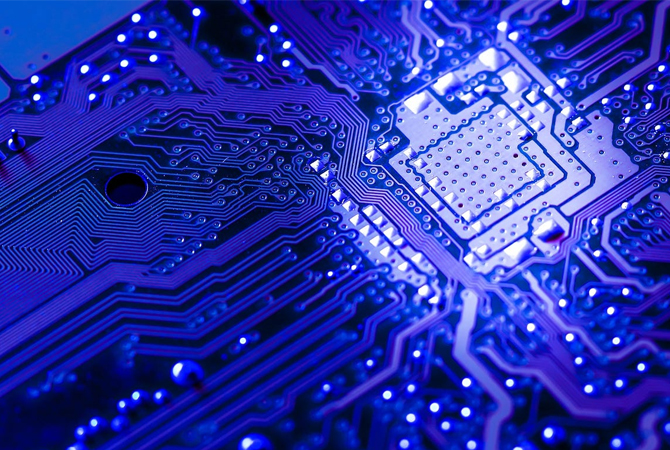Embedded Systems
Embedded systems refer to specialized computing systems that are designed to perform specific functions within larger systems or devices. These systems are typically built around microcontrollers or microprocessors and are embedded into hardware to control and manage various functions and processes. Embedded systems are ubiquitous and are found in a wide range of devices and applications, including consumer electronics, automotive systems, medical devices, industrial automation, and IoT (Internet of Things) devices.

Real-time Operation:
Resource Constraints:
Dedicated Functionality:
Integration with Hardware:
Low-power Operation:
Operating Systems and Software:
Examples of embedded systems include:
- Automotive electronics, such as engine control units (ECUs), anti-lock braking systems (ABS), and infotainment systems.
- Consumer electronics, such as smartphones, digital cameras, and home appliances.
- Medical devices, such as pacemakers, insulin pumps, and patient monitoring systems.
- Industrial automation and control systems, such as PLCs (Programmable Logic Controllers) and SCADA (Supervisory Control and Data Acquisition) systems.
- IoT devices, such as smart thermostats, wearable devices, and connected sensors.
Embedded systems play a critical role in modern technology, enabling the functionality and intelligence of countless devices and systems that impact our daily lives. As technology continues to advance, embedded systems will continue to evolve and become increasingly integrated into our interconnected world.











